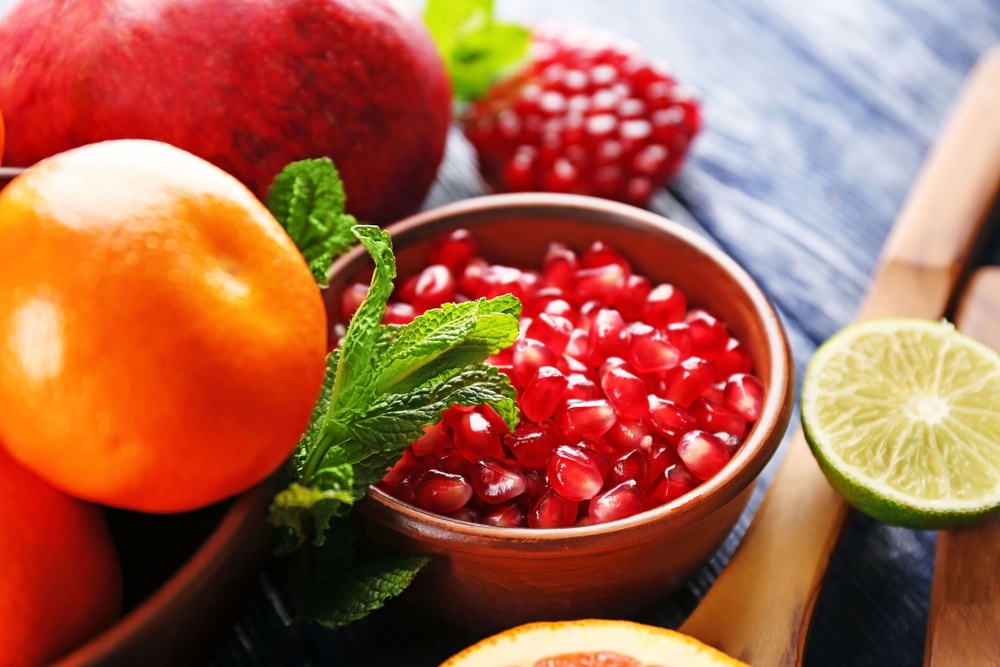Do These 5 Things To Ward Off Parasitic Infection
 Contributed by
Su Lee Chong
April 18, 2016
Contributed by
Su Lee Chong
April 18, 2016

We are exposed to parasites regularly in our environment. Most of the time, the good and bad micro-organisms co-exist in our body without causing any problems. But, when the delicate balance is disrupted, diseases may result.
Parasites are micro-organisms that live off the host; they could invade and reside in any part of the body.
There are four pathways that parasites can enter our body:
- Sexual activities – unsafe sexual activities can transfer parasites from one host to another.
- Food and water– drinking unclean water and eating poorly cooked meat, fish and seafood, sushi, and raw fruits and vegetables.
- Dust carriers– parasites carried by dust and are inhaled through the nose.
- Vectors– animal carriers, such as mosquitoes, flies, sand flies and fleas.
Our body can deal with parasites effectively. But when the immune system is low or the digestive system is not functioning properly, parasites can be a big problem.
How Can You Tell If You Have Parasites In Your Body?
When you have the following symptoms, be alert to a possible presence of parasites in your body:
- Bloating and gas.
- Frequent diarrhea – parasitic infection produces toxins that cause food to pass through the intestine quickly.
- Constipation– parasites block the passage of digesting food and waste.
- Irritable Bowel Syndrome – parasites attach to the intestinal wall causing irritation, inflammation and poor movement along the colon.
- Fatigue – malabsorption of nutrients in the food and the stress that parasites can cause to the body.
- Allergies – irritation and inflammation in your gastrointestinal tract make proper digestion difficult, leading to allergic reactions to food.
- Reduced immunity – intestinal health is the first defense of the body.
In order to prevent and expel parasites from the body, it is important that you ensure there is nutritional balance in your lifestyle that will then reduce the parasitic load in your body.

Five Ways You Can Prevent Parasitic Infection
- Increased Vitality
Parasites are low-energy organisms that thrive on sick bodies. Increase vitality with the right diet of a balanced nutrition of complex carbohydrates, protein and good fats, plus exercise. When you increase vitality, the body can resist parasitic infections and they can be easily expelled.
- Repair Of Intestinal Tract
Avoid refined foods, food chemicals, gluten and refined carbohydrates, as they create an environment that promotes parasitic growth. Increase fiber in your diet, as fiber acts as a brush to scrub off parasites from the intestinal wall. Do colon cleansing regularly.
- Reduce Inflammation
Inflammation happens when the body detects it is under attack by allergens or foreign bodies. When inflammation occurs, it generates a chain reaction, which irritates the body and creates an environment that parasites thrive in.Antioxidants will neutralize the free radicals produced by inflammation that triggers the chain reaction. Taking food with high antioxidant property will help to manage inflammation. Super-antioxidants are green tea, grape seed, pine bark, red wine, pomegranate, and wide varieties of fruits and vegetables.
- Avoid Raw Food
Cooking kills bacteria and parasites present in the food. Although eating salads is good, as all the nutrients from the fruits and vegetables are preserved, it is difficult to wash them completely clean, especially when they are served in restaurants. Sushi and sashimi are also sources of parasitic invasion.
- Increase Liver Function And Liver Detox
Doing a liver detox regularly will increase bile flow, which can be lethal for most parasites. Enhancing liver function will also help manage the toxins produced by the parasites.
Try out these methods to prevent parasitic infection in your body.
Visit Look Good Feel Great Always to find out more about Su Lee's work.
This post was first published on Look Good Feel Great Always blog and has been reposted on Executive Lifestyle with the permission of the author.
Edited by Nedda Chaplin
Image credit: Tropical fruits from Shutterstock
Did you enjoy this post? Please comment, like and share!











Sorry, the comment form is closed at this time.